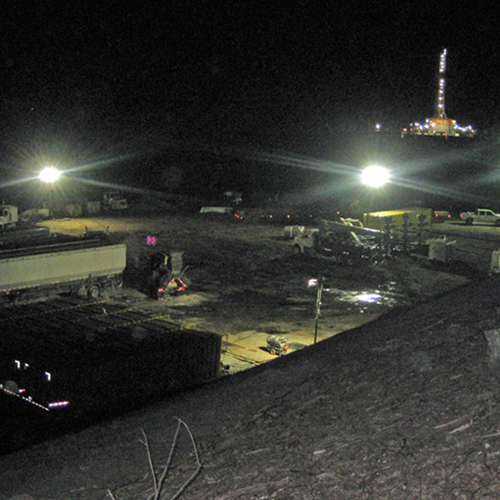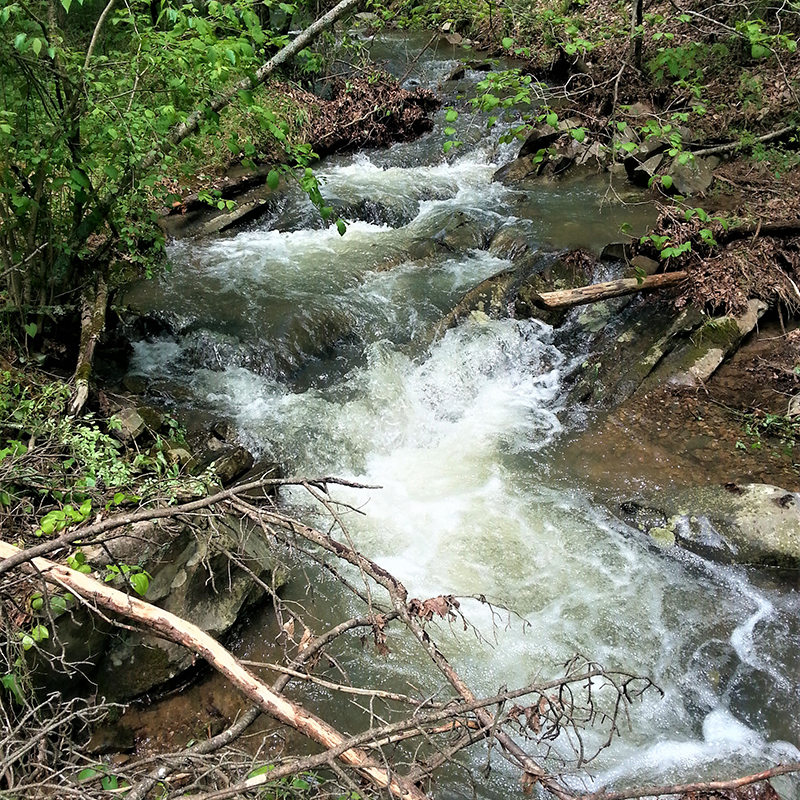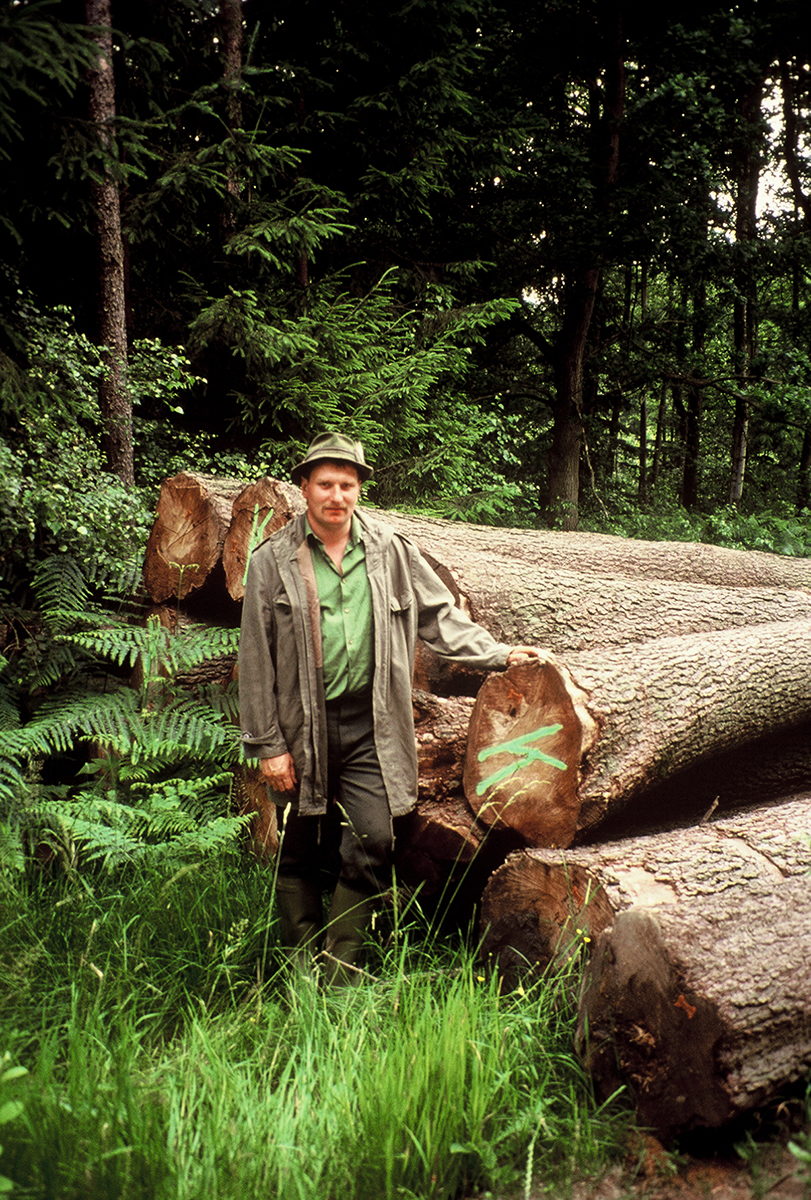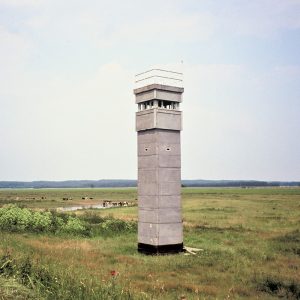
Hidden in the Hollows: My Frack-finding Weekend in West Virginia
05/01/2013
Of Wilderness and Water: The Fate of the George Washington National Forest
04/01/2014
Original essay written in 2014 describing changes in former East Germany since I first visited there in 1991.
“Don’t worry about the land mines,” said Holger Galonska, district forester for the former East German state of Mecklenburg. “They’ve all rusted away by now.”
“He turned the Trabant from the old border road along the Elbe River into an open field that once was a death zone. My German was good enough to understand him, which did not reassure me.
It was 1991, and guard towers still strutted along the Elbe, their windows staring vacantly at the deep blue skies that frame my memories of Mecklenburg. Less than two years earlier, the Berlin Wall between East and West Germany — part of the undying legacy of World War II — had been torn down by singing crowds on both sides. This is the peaceful revolution that Germans call “die Wende,” the turning point. The Iron Curtain was shredded for scrap as the parliamentary democracy and market economy of West Germany rushed in to reverse the socialist government and central economy of East Germany. The ensuing clash of cultures and bureaucracies rendered Holger’s world as shaky as what remained of the Berlin Wall.
It was during this time that I dropped in on him, as a German-born American nature writer out to reclaim some part of her German heritage that didn’t involve Nazis. This proved difficult, despite the fact that the art and science of forestry began evolving a millennium before Hitler and his fat and jolly Forest Master Hermann Göring. As early as the 600s A.D., the Germanic barbarians that defeated the Roman Empire were enacting forest protections. The term ‘forester’ was first used by Charlemagne in an ordinance in 813. Early on, all forests except those owned by royalty — a fatal flaw — were declared a commons, open to free public use. Were they communists even then? Could it be genetic?”
Click here for PDF version of the article.


